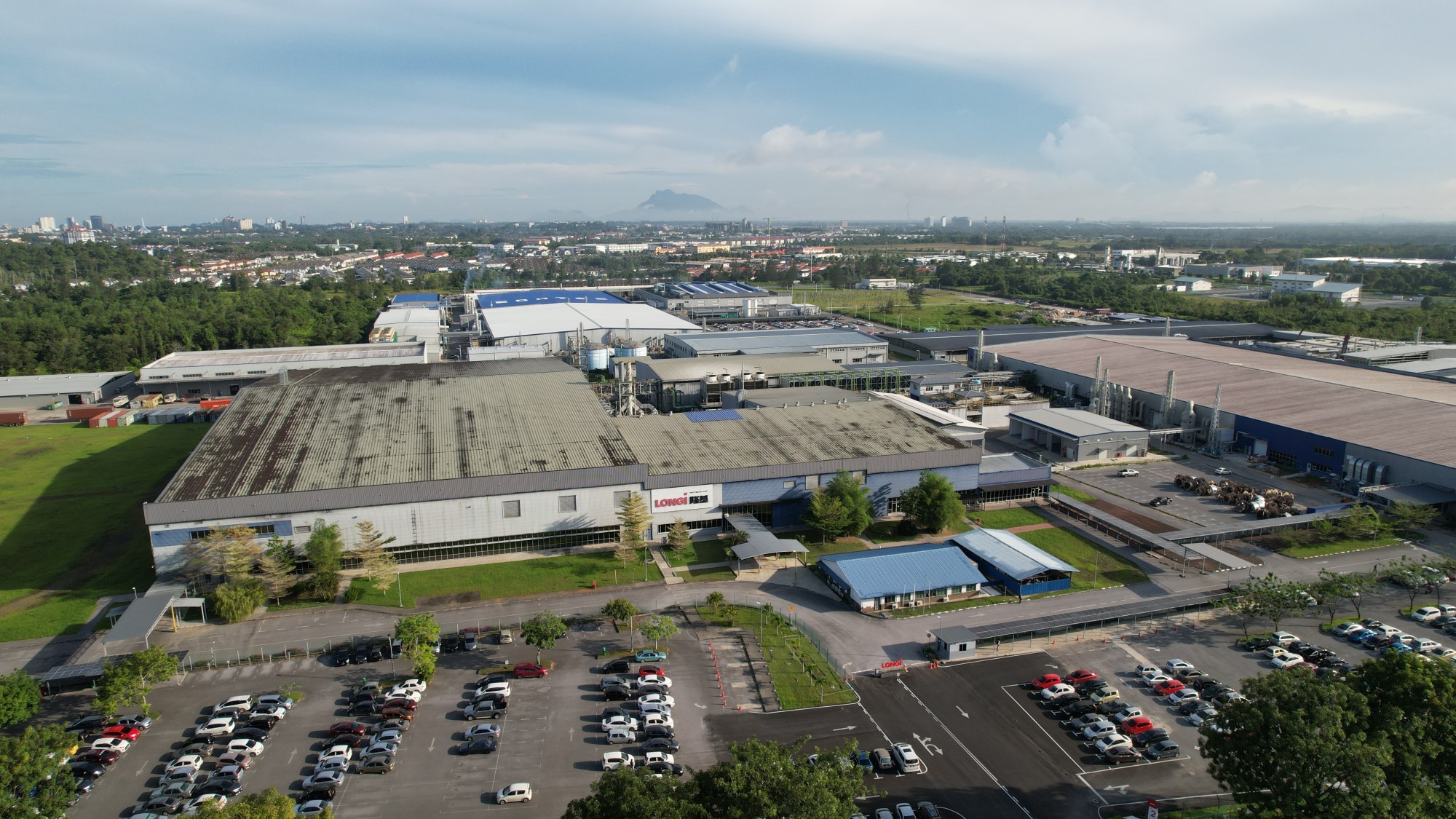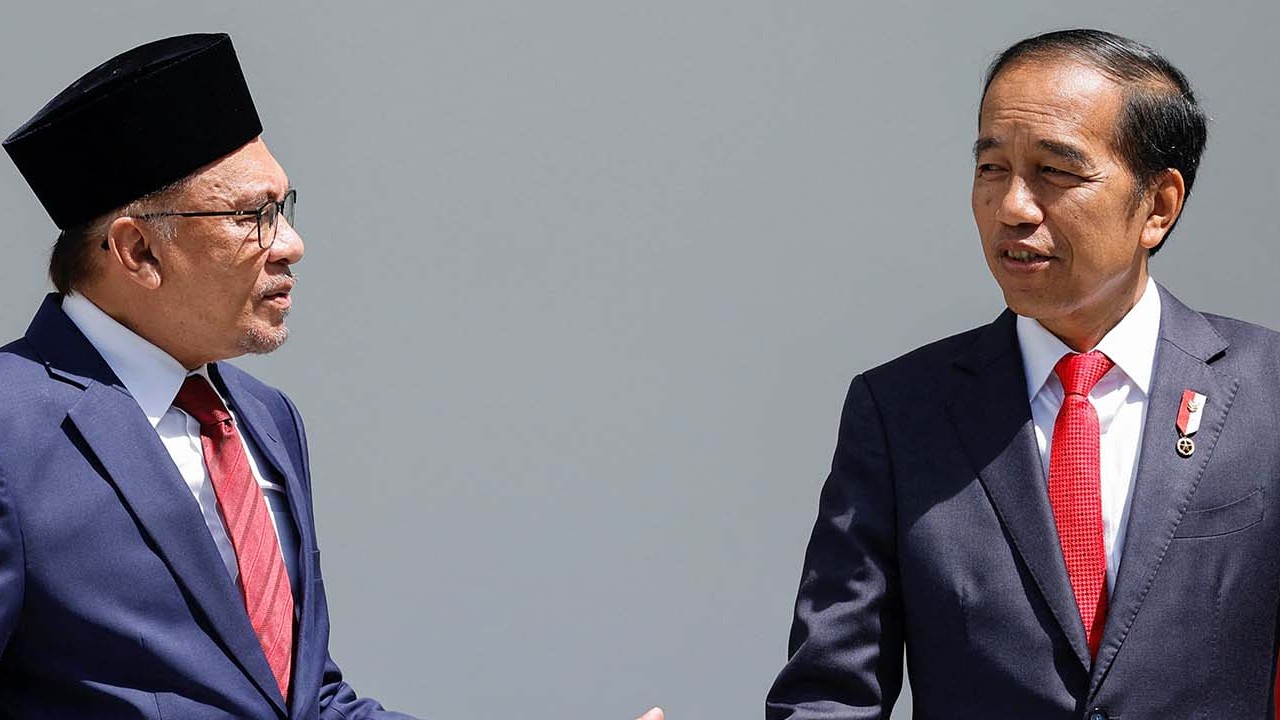Malaysia has made some big foreign investment pledges, but can it walk the talk?

Numerous memorandums signed between Malaysian and foreign firms are announced every year, promising billions of dollars of capital investment into Malaysia. But the final tally often never matches up to the announcements.
Will Anwar’s administration be any different?
Not unless a proper mechanism is put in place to monitor and expedite processes to realise proposed investments, analysts say.
“It is extraordinary that the government does not have a monitoring process already. This shows how poorly managed the FDI process is,” said Geoffrey Williams, an economist with the Malaysia University of Science and Technology (MUST).
Amid China’s slowdown, foreigners are investing billions in Malaysian stocks
Amid China’s slowdown, foreigners are investing billions in Malaysian stocks
Last year, the government announced some 123.3 billion ringgit (US$26.2 billion) in approved investments in the first half of the year. The total sum of actual investments for 2022, however, came in at 74.6 billion ringgit, according to data from the national statistics department.
A government lawmaker suggested in April that a specific committee be established under the Ministry of Investments, Trade and Industry (MITI) – the gatekeeper of foreign investments – to keep a close eye on planned investments and to identify issues impeding progress so they can be addressed quickly.
The proposal came just days before Malaysian and Chinese firms signed 19 memorandums for 170 billion ringgit in investments across the infrastructure, renewable energy, telecommunications and tourism sectors in Malaysia.
In response, the government said in May that it had set up a special task force on the matter, though limited to the 19 planned investments from China.
Establishing a body specifically to oversee the implementation of FDI pledges would “send a message of urgency”, according to Shazwan Mustafa Kamal, an associate director with corporate advisory firm Vriens & Partners.
But it would also raise questions among investors as to the role of MITI and its supporting investment agencies in managing inbound investments and investor concerns.
“The devil will be in the details; [the body’s usefulness] will depend on the purpose of this body, and the make-up of its members and remit,” Shazwan said.
Maze of bureaucracy
A key issue that the body would need to address is the mess of bureaucracy and red tape that investors have long complained about when seeking approvals to get their business off the ground.
Anwar said he was “very disappointed” to hear complaints of delays in approvals by Malaysian authorities from representatives of American companies that he met on Sunday on the sidelines of the United Nations General Assembly in New York.
The glacial pace of government approvals goes back years, but was exacerbated by the strict lockdowns imposed by the government during the Covid-19 pandemic, according to a senior executive at an investment advisory firm.
Malaysia’s Anwar must revamp economy, defuse tensions to heal divided nation
Malaysia’s Anwar must revamp economy, defuse tensions to heal divided nation
“Factories that had set up new queues could not bring in the necessary experts to calibrate their new equipment. Their new queues just lay dormant for months,” said the executive, who asked not to be named due to the sensitivity of the issue.
“The fact that the PM pointed this out is good. But the government needs to move fast on this or risk losing investors to neighbouring countries.”
The monitoring body could also serve as a “one-stop centre” for investors to navigate the multiple layers of bureaucracy when dealing with the federal, state and local governments, said Mohd Afzanizam Abdul Rashid, chief economist with Bank Muamalat.
The government already offers dozens of incentives handled by at least 32 agencies, which could also be region-specific depending on the industry, he said, making it potentially complicated for prospective investors.
“The government needs to streamline existing procedures and leverage on technology as a means to speed up the approval process, without compromising on security,” Afzanizam said.

Cutting red tape and improving the ease of doing business would be a good first step for the government in attracting foreign investors, but that is only part of the equation, MUST’s Williams said.
The government will, at the same time, need to spell out and implement clear policies so that investors know what they are getting into, while also making sure it focuses on the right priorities and not be swayed by external pressure to adopt positions that may not necessarily benefit the economy over the short- and medium-terms, he said.
A decisive government will also win over investors, Williams said, especially when dealing with the complaints that Anwar had said were raised during his meeting with American investors.
“There is only one way to deal with this, which is to identify what or who is causing the delay and remove them,” Williams said.






